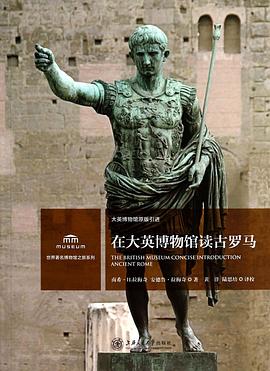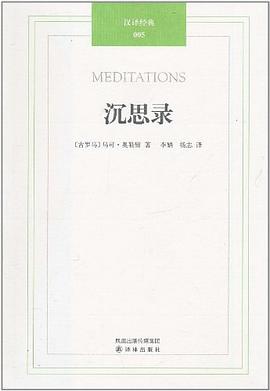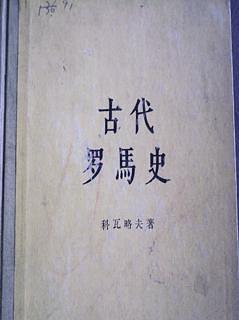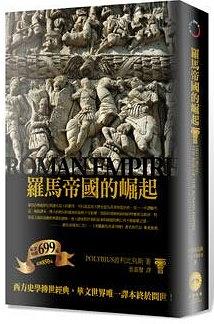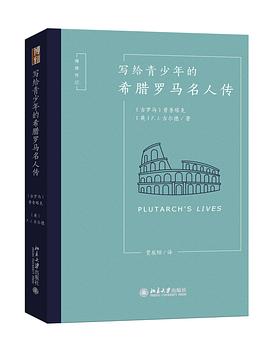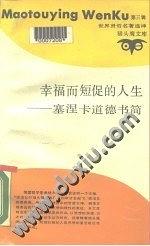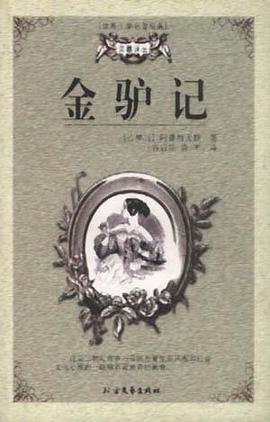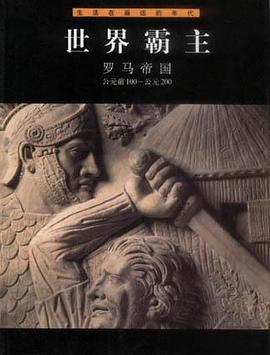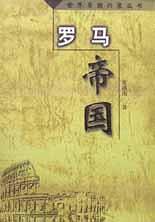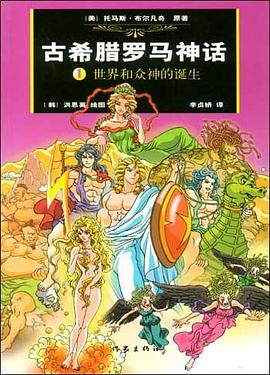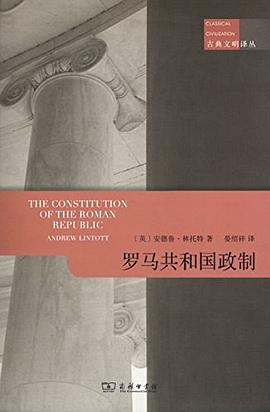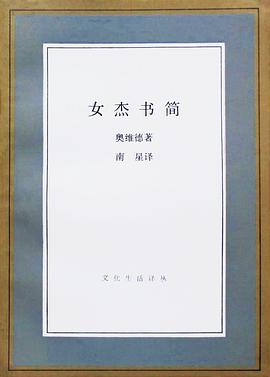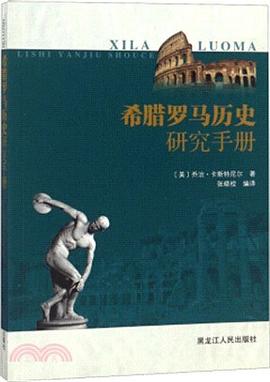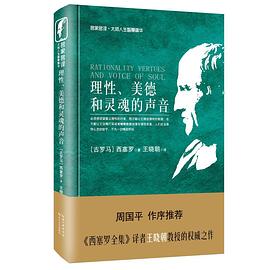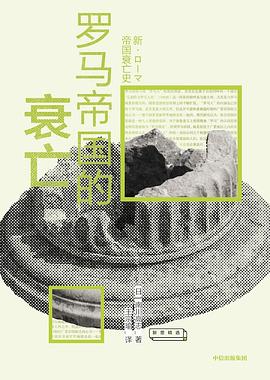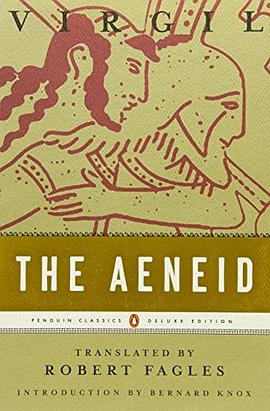

具体描述
Review
“A new and noble standard bearer . . . There’s a capriciousness to Fagles’s line well suited to this vast story’s ebb and flow.”
—The New York Times Book Review (front page review)
“Fagles’s new version of Virgil’s epic delicately melds the stately rhythms of the original to a contemporary cadence. . . . He illuminates the poem’s Homeric echoes while remaining faithful to Virgil’s distinctive voice.”
—The New Yorker
“Robert Fagles gives the full range of Virgil’s drama, grandeur, and pathos in vigorous, supple modern English. It is fitting that one of the great translators of The Iliad and The Odyssey in our times should also emerge as a surpassing translator of The Aeneid.”
—J. M. Coetzee
Book Description
From the award-winning translator of The Iliad and The Odyssey comes a brilliant new translation of Virgil’s great epic
With his translations of Homer’s classic poems, Robert Fagles gave new life to seminal works of the Western canon and became one of the preeminent translators of our time. His latest achievement completes the magnificent triptych of Western epics. A sweeping story of arms and heroism, The Aeneid follows the adventures of Aeneas, who flees the ashes of Troy to embark upon a tortuous course that brings him to Italy and fulfills his destiny as founder of the Roman people. Retaining all of the gravitas and humanity of the original, this powerful blend of poetry and myth remains as relevant today as when it was first written.
作者简介
Virgil, born in 70 B.C., is best remembered for his masterpiece, The Aeneid. He earned great favor by portraying Augustus as a descendant of the half-god, half-man Aeneas. Although Virgil swore on his deathbed that The Aeneid was incomplete and unworthy, it has been considered one of the greatest works of Western literature for more than two thousand years.
Robert Fagles is Arthur W. Marks '19 Professor of Comparative Literature, Emeritus, at Princeton University. He is the recipient of the 1997 PEN/Ralph Manheim Medal for Translation and a 1996 Academy Award in Literature from the American Academy of Arts and Letters. Fagles has been elected to the Academy, the American Academy of Arts and Sciences, and the American Philosophical Society.
目录信息
读后感
爱情。 一开始并没有爱情。是神的恩典或者不怀好意的捉弄----神秘的爱火吹进心里,居心叵测的维纳斯与丘比特暗暗令她不知不觉地中毒。一箭穿心。一箭穿心带来的痛楚……及痛到极致之时酣畅淋漓的快感。痛楚,与快感。爱情所赠与我们的,无外乎这两种。酣畅淋漓注定是短暂的,易...
评分 评分博尔赫斯对维吉尔的赞美勾起了我读《埃涅阿斯纪》的欲望。细看每个句子都是用心的推敲的杰作。精美,工巧。用文学巨擘形容他一点不过分,但习惯于根据作品的历史作用而非美学价值对文学作品加以取舍的做法使其被渐渐忽略。 ——不说古希腊人乘着夜的间隙进入特洛伊城,他说是...
评分一、 人物关系 从人物关系图,可以看出这些内容。 埃涅阿斯是维纳斯的儿子,是神之子。普里阿姆斯是特洛亚(罗马神话称特洛亚,希腊神话为特洛伊)的国王,那么同时,埃涅阿斯还是国王的女婿。所以,由这双重身份,埃涅阿斯承担起带领人民逃离特洛亚、到罗马建立新的国家的使命...
评分戴朵已经倒伏在利剑的吻上。 秋天的火焰,只留下诅咒 灰烬和无尽的虚无。 除了她,还有谁会殉情而亡? 不,她们所殉的,不是丘比特的 卑鄙伎俩,并不是爱情,令她们香消 玉殒。 凶手是谁?谁手中握着寒光? 谁隐藏在黑夜之中,等着给亲密的人 致命的一击?谁给了她孤独 冰冷...
用户评价
time to reread
评分正如Fagles在后记里说的,很难意识到埃涅阿斯也只剩下三年时间。
评分只对爱情部分感兴趣,剩下部分总觉得和奥德赛太像了就乱翻翻过去了…我承认是我没好好看…
评分余第10,11章没看。构思规整语言精妙,读过之后觉得Lattimore译本的荷马才是真爱。
评分Aeneas eventually emerged as a deeply tragic character who has to repeatedly surrender his own will to found a Rome for others
相关图书
本站所有内容均为互联网搜索引擎提供的公开搜索信息,本站不存储任何数据与内容,任何内容与数据均与本站无关,如有需要请联系相关搜索引擎包括但不限于百度,google,bing,sogou 等
© 2025 book.quotespace.org All Rights Reserved. 小美书屋 版权所有

